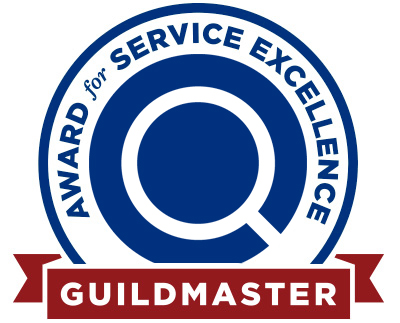More than on occasion we stumble across a home elevator, dumbwaiter or wheelchair lift that was installed illegally in Massachusetts. Unbeknownst to the average Massachusetts homeowner or general contractor, all elevators, dumbwaiters and wheelchair lifts installed in private residences fall under the Mass 524 CMR Board of Elevator Regulations. Residential units must be installed by a Massachusetts licensed elevator mechanic and inspected by the state.
In Massachusetts it is required that a candidate for an elevator mechanic license be in an apprenticeship program for at least 3 years, have 6,000 hours of on-the-job experience under the direct supervision of a licensed elevator mechanic and must have completed 450 hours of schooling from a state approved elevator school. Once all if this criteria is met, the Board of Elevator Regulators must approve the application to sit for the mechanic’s exam. Under the Massachusetts requirements, there is no differential between an elevator mechanic who installs a passenger elevator in a high-rise building in downtown Boston and a mechanic who installs a 2 stop home elevator in Hardwick, MA.
Not all states are regulated, but this is certain to change. With the increase in home elevator popularity, along may come an increase in tragic accidents. Some manufacturers will sell units to “do-it-yourselfers” over the internet. Not all manufacturers’ require factory training to install their product. Nor do they require or enforce preventative maintenance.
Florida is among one of the Nation’s unregulated states where no government agency inspects home elevators. Sadly, there have been several tragic accidents over the years – Miami Herald, January 18, 2016, “After Florida boy suffocates in elevator shaft chasing pet hamster, his parents on safety – “The Grablins decided to push for legislation to make sure no other parent would have to suffer their pain,” and the Saint Petersburg Times, published August 14, 2001, “$5.7-million settlement in boy’s elevator death,” – “Family members of a 6-year-old boy killed in an elevator accident said they will use part of a $5.7-million settlement to seek laws requiring state regulation of private elevators.”
Then I read a Boston Globe article, “The rich are different. They have home elevators,” Massachusetts Chief Inspector Steve Sampson states, “There have been no elevator deaths or serious injuries in residential elevators for about 25 years…” Yes, regulations drive the cost up for the homeowner. Yes, the state inspections can delay the initial installation process, but the safety code and regulations are in place for a reason, to keep people safe.







